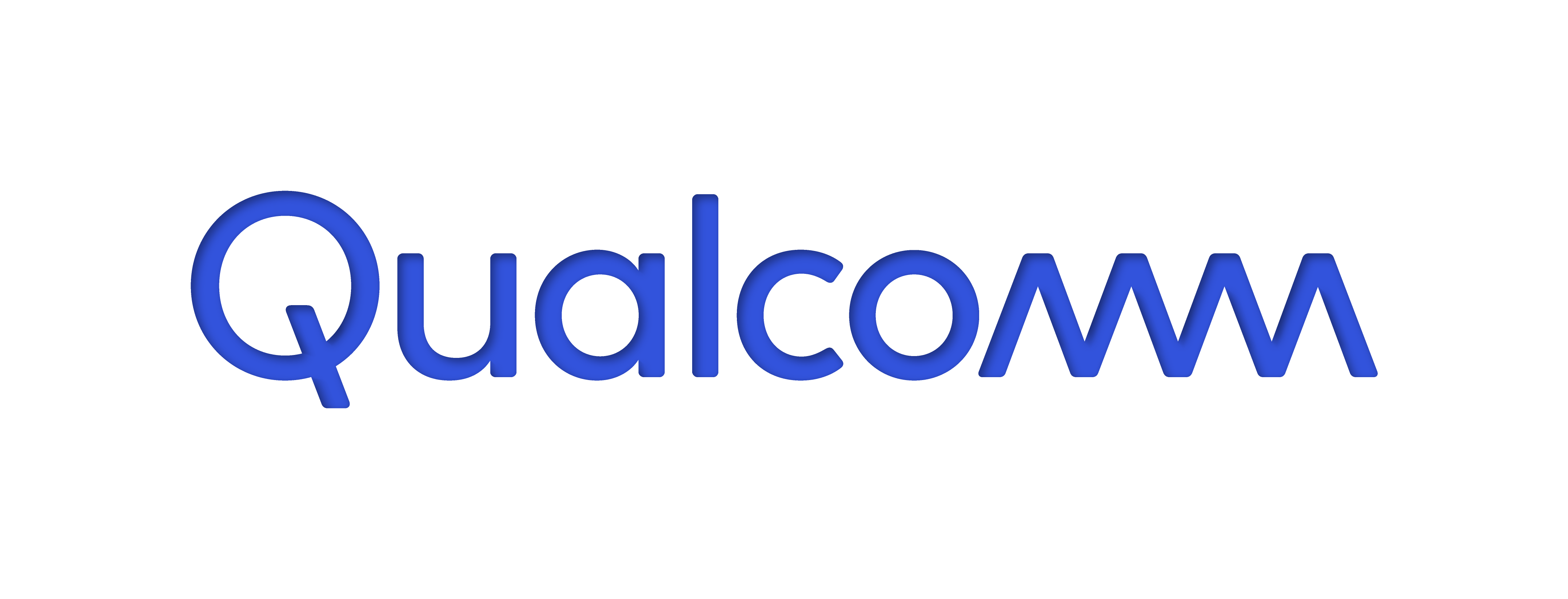Qualcomm Wireless Reach: Wireless-enabled Video Solutions for Tuberculosis Treatment
Mobile video content enhances remote training and counseling for TB management

Wireless-enabled Video Solutions for Tuberculosis Treatment
Tuberculosis (TB) has been treatable for the past 60 years, yet remains a leading cause of death worldwide.1 In 2018 alone, 10 million people fell ill with TB, and 1.5 million people died from the disease.2 Many countries have run TB control programs for decades and achieved good results, but global eradication is distant. The TB treatment regimen prescribed by the World Health Organization is painful and lengthy, requiring at least six months of adherence. Getting patients to adhere to this regimen is a challenge.
Using mobile technologies, Operation ASHA (OpASHA) has developed a community-driven, patient-focused, scalable, and low-cost model for TB eradication, which has led to over 85 percent of patients successfully completing the treatment. To further improve the success of its model, OpASHA is collaborating with Qualcomm® Wireless Reach™ to incorporate high-value informational videos about TB for use by Community Health Workers (CHWs) to both educate themselves and counsel their patients. OpASHA has included the videos in an e-Counseling App that is delivered to patients on a Qualcomm Snapdragon™ powered tablet. The enhanced model also uses mobile broadband, video conferencing tools, and tablets to provide remote training for CHWs and remote counseling for patients.
Challenge
- TB is a dangerous epidemic disease and a significant public health problem. It is the ninth leading cause of death globally and the leading cause from a single infectious agent.3 India bears more than 27 percent of the global burden of TB, with 2.7 million cases and 449,000 deaths annually.4
- TB is a significant barrier to social and economic development. The social stigma of TB can cause patients to lose their jobs and livelihoods and to be shunned by their families and communities.
- TB treatment as per the regimen prescribed by the WHO is very long, six months, or more, during which each patient must take medicine over 70 times in front of an observer (Directly Observed Treatment Short-course, or DOTS, regimen).
- Early diagnosis and completion of the full treatment regimen is the cornerstone of an effective TB prevention and control strategy. Inappropriate diagnosis and irregular or incomplete treatment may contribute to complications, the emergence of drug-resistant TB,5 and the spread of disease.
Solution
- The Wireless-enabled Video Solutions for Tuberculosis Treatment program in India aims to show how high-value video content on a mobile broadband platform can enhance the effectiveness of CHWs in the TB counseling process, improve patient engagement in counseling and improve counseling outcomes.
- OpASHA, in collaboration with Wireless Reach, created 24 short videos addressing different topics about TB, including strategies for getting patients to adhere to their full course of treatment. Collectively, the videos serve as a training tool for CHWs and counseling aid for CHWs to use with patients
- Videos on causes of TB, TB treatment, and side effects of TB drugs have been incorporated into the e-Counseling app. CHWs use this app to provide counseling to patients and families before dispensing the first dose of medication and also throughout their treatment process.
- Fingerprint scans of both patient and CHW are recorded before, during, and after each counseling session. Patients must also answer questions after every video. This leads to better engagement of CHWs and patients.
- OpASHA’s proprietary e-Compliance software solution alerts the CHW if a patient misses a dose. The CHW then repeats the appropriate video counseling with the patient and their family.
Impact
- Better counselling of patients and de-stigmatization of TB: This program has proven that high-value video content on a mobile broadband platform enhances awareness and understanding of TB and its treatment and dispels the stigma and myths associated with the disease.
- Replication in other countries: Based on this program’s success, OpASHA expanded the use of its e-Counseling videos to Cambodia, Zambia, and Afghanistan. In Cambodia, the National TB Program adopted OpASHA’s video counseling program in May 2019, and OpASHA will train more than 100 health workers and 1,800 village volunteers countrywide on this intervention.
- 10,000+ beneficiaries: The intervention has served over 10,000 patients in six states of India
- National & international recognition: The Federal Minister for Health for the Government of India and Chief Minister of Himachal Pradesh State inaugurated the program in the Himachal Pradesh State of India in April 2018. The World Bank has published a case study6 on OpASHA. Similarly, many research papers7 and articles in the popular press have lauded Operation ASHA’s approach and results.
- 900+ person-days of remote training delivered to CHWs: Since the inception of this program, 99 CHWs based in 11 districts of India have collectively received more than 900 days of training via video conferencing on 4G LTE networks. The remote training has reduced OpASHA’s training costs by more than 60 percent.
- TB Patients obtaining Government Pension: Robust acquisition and management of patient records by OpASHA have led to nearly all its current cohort of patients (over 3,600 people) receiving pension benefits given by the Government of India to improve the intake of food and nutrition by TB patients.
1. http://www.who.int/mediacentre/factsheets/fs104/en/
2. ibid
3. http://www.who.int/tb/publications/global_report/en/
4. https://www.downtoearth.org.in/news/health/india-still-has-the-biggest-tbburden-7307
5. http://egazette.nic.in/WriteReadData/2018/183924.pdf
6. http://documents.worldbank.org/curated/en/761511495104055640/pdf/115132- WP-P152203-PUBLIC-17-5-2017-12-26-42-OpASHACaseStudyApril.pdf
7. https://www.nber.org/papers/w26388.pdf

